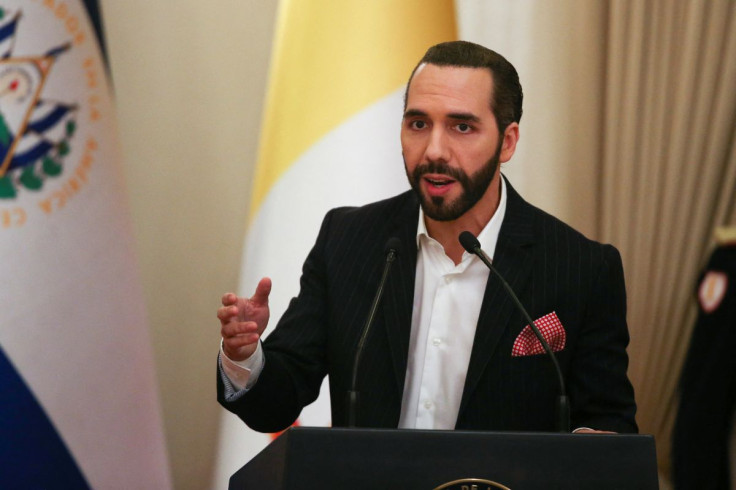
President Nayib Bukele easily won reelection in El Salvador after Sunday's election, confirming a highly anticipated outcome given his sky-high popularity in the Central American country.
With little over 30% of the votes tallied, the electoral authority informed that Bukele had around 83% of the votes, compared to the runner-up's 7%.
The President claimed victory on Sunday night before the tallying began, saying he'd gotten over 85% of the votes and "at least 58 out of the Legislative Assembly's 60 lawmakers." "It's a record for the world's democratic history," he added.
La verdadera democracia… https://t.co/gGZab7t6Vp
— Nayib Bukele (@nayibbukele) February 5, 2024
In a speech outside the presidential palace, Bukele addressed concerns voiced by analysts and human rights organizations about his party violating due process and taking an authoritarian stance in its fight against crime, which has led to the incarceration of about 1,6% of the population, the highest figure in the world, but also to a dramatic drop in the homicide rate.
"People from outside El Salvador say Salvadorians live in fear of their government. I tell the journalists with us tonight: here, in the Western Hemisphere's safest country, at this square and after the elections I tell you: the Salvadorian people has spoken loud and clear," Bukele said.
The president's party sponsored ads claiming that his opponents would conduct massive releases of prisoners if they were to be reelected. He promised to continue his policies during the second term.
Finalizamos el domingo 04 de febrero, con 0 homicidios en el país. pic.twitter.com/nykSk9265x
— PNC El Salvador (@PNCSV) February 5, 2024
Taking the war to the gangs, which had extorted protection money and fought bloody street battles that claimed many innocent lives, Bukele's government introduced a state of emergency in March 2022 that suspended many basic rights.
It remains in place today and has seen authorities round up more than 75,000 suspected gangsters, many held in a brand-new prison, the largest in the Americas, that the president had built in a matter of months.
About 7,000 have since been freed for a lack of evidence, but activists say many innocents, including minors, remain behind bars in inhumane conditions, even subjected to torture.
The population seems to largely support any overreach given the results they've seen in security matters. He is the most popular president in Latin America, with a recent poll by the Americas Society/Council of the Americas showing him with a 88% approval rate, almost 20 percentage points over Dominican Republican's Luis Abinader (69%) and Mexico's Andrés Manuel López Obrador (68%).
Bukele has been quick to dismiss criticism from within and abroad, usually taking a confrontational stance. A recent example of this took place last week, before the elections, when members of the U.S. Congress led by Rep. Ihan Omar submitted a letter to Secretary of State Anthony Blinken, urging the Biden Administration to address "ongoing threats to democracy and human rights" in El Salvador.
Bukele answered: "We are honored to receive your attacks, just days before our election,"Bukele said sarcastically. "I would be very worried if we had your support. Thank you." "I think the United States should have free and fair elections," Bukele added in a separate message.
In spite of an apparent love for banter, Bukele has shown himself to be nothing if not ruthless.
When gangs vowed to kill people at random in a response to his state of emergency, Bukele simply threatened to deprive jailed gangsters of food.
Bukele is also headstrong. He took a gamble on bitcoin, swatting away warnings about volatility risks to have it declared official tender and investing an undisclosed amount of taxpayer money in the currency.
However, this has also fueled concern about the country's economy, as nearly 30 percent of Salvadorans lived in poverty in 2022, according to the UN's Economic Commission for Latin America and the Caribbean.
© 2025 Latin Times. All rights reserved. Do not reproduce without permission.





